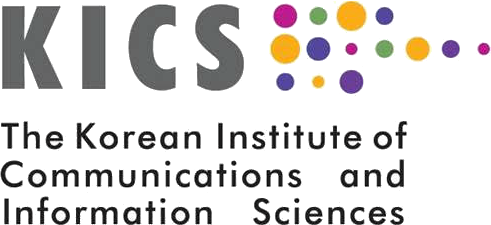Location: Auditorium, Coex
*All times are KST (GMT+9)
| Date / Time | Speaker | Title |
| Tuesday, May 17 9:00 - 10:30 |
Wen Tong | The Progress of 6G: A Check Point |
| Dinesh Verma | Self-Describing Digital Assets and their use within Enterprise Edge AI Solutions | |
| Yoon Kim | Human. Machine. Experience Together: AI Agent 2.0 Revolution in the Metaverse Era | |
| Wednesday, May 18 9:00 - 10:30 |
Ozge Koymen | 5G-Advanced mmWave: Evolving towards 6G |
| Yin Gao | Future Evolution of Wireless Network for AI | |
| Ji-Yun Seol | Redefining Networks of the Future | |
| Thursday, May 19 11:30 - 12:30 |
Hyun Chul Lee | The next generation computing paradigms for ambient and immersive computing |
| Taesik Cheung | End-to-End Time-Deterministic Networking Technologies |
Program Contents :
▪ Global Trend & Future Plan on 5G Vertical Industry Convergence
▪ Opportunities & Challenges for Future 6G Wireless
▪ Roll-out Vision for Digital Transformation and Industry 4.0 Based on 5G
Wen Tong
CTO, Wireless Network, Huawei Technologies Co., Ltd., Canada
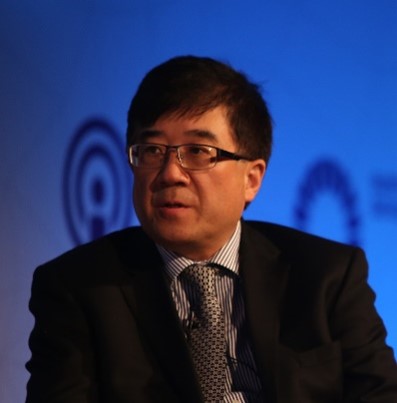 Talk Title: The Progress of 6G: A Check Point
Talk Title: The Progress of 6G: A Check Point
Abstract: The wireless research community has launched the 6G research effort and many large scale research programs have been established globally, with an unprecedented investment into early stage of 6G technologies. Several progress in the 6G have been made in identify the use-cases, the technology trends and developing the enabling wireless technologies. The research community in both academia and industries have shared common views in the six key areas such as the native AI, integrated sensing and communication, integrated terrestrial and non-terrestrial networks, trustworthiness and carbon-net-zero. However, from a vison concept to the technical practically, there are still gaps for the enabling technologies in the engineering feasibility aspects and how 6G technologies will enable the ICT markets in the time frame of 2030-2050. In this talk, we share our perspectives and the route to drive the 6G technologies into a reality.
Bio: Dr. Wen Tong is the CTO, Huawei Wireless. He is the head of Huawei wireless research. In 2011, Dr. Tong was appointed the Head of Communications Technologies Labs of Huawei, currently, he is the Huawei 5G chief scientist and led Huawei’s 10-year-long 5G wireless technologies research and development. Prior to joining Huawei in 2009, Dr. Tong was the Nortel Fellow and head of the Network Technology Labs at Nortel. He joined the Wireless Technology Labs at Bell Northern Research in 1995 in Canada. Dr. Tong is the industry recognized leader in invention of advanced wireless technologies, Dr. Tong was elected as a Huawei Fellow and an IEEE Fellow. He was the recipient of IEEE Communications Society Industry Innovation Award in 2014, and IEEE Communications Society Distinguished Industry Leader Award for “pioneering technical contributions and leadership in the mobile communications industry and innovation in 5G mobile communications technology” in 2018. He is also the recipient of R.A. Fessenden Medal. For the past three decades, he had pioneered fundamental technologies from 1G to 5G wireless and Wi-Fi with more than 510 awarded US patents. Dr. Tong is a Fellow of Canadian Academy of Engineering, and he serves as Board of Director of Wi-Fi Alliance.
Dinesh Verma
CTO, IBM Research Edge Computing, USA
 Talk Title: Self-Describing Digital Assets and their use within Enterprise Edge AI Solutions
Talk Title: Self-Describing Digital Assets and their use within Enterprise Edge AI Solutions
Abstract: A self-describing digital asset carries its meta-data along with it. When building distributed enterprise AI solutions, having a catalog of self-describing assets can be very valuable. In this talk, we would describe an open-source community effort to create a catalog of such assets, and discuss the various use-cases that such a catalog can enable. We would also provide an overview of the Enterprise Neuro-System Group which is supporting the creation of this technology in its quest to enable enterprise AI Solutions.
Bio: Dinesh C. Verma (IBM Fellow, Fellow of UK Royal Academy of Engineering, IEEE Fellow) is the CTO of Edge Computing and the strategist for 6G Communications at IBM T J Watson Research Center, Yorktown Heights. He has more than 25 years of professional experience. He has authored eleven books, 150+ technical papers and been granted 185+ U.S. patents. He has chaired/vice-chaired IEEE technical committee on computer communications, as well as IEEE Internet technical committee. He has served on various program committees and editorial boards. He is a member of the IBM Academy of Technology, an IBM Master Inventor, and won several IBM internal technical awards. He has made seminal contributions to several areas in computer networks, and is known for his work on Quality of Service management in computer networks and Policy based Networking. He has contributed to several IBM products and service engagements including significant contributions to server networking stack, network management products and customer projects related to cellular network analytics. He has led international research alliances for academia, industry and government labs for 15 years.
Yoon Kim
Partner, Saehan Ventures, Korea (Former CTO, SK Telecom)
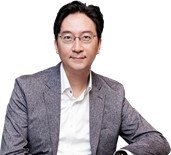 Talk Title: Human. Machine. Experience Together: AI Agent 2.0 Revolution in the Metaverse Era
Talk Title: Human. Machine. Experience Together: AI Agent 2.0 Revolution in the Metaverse Era
Abstract: Since the launch of Siri on the iPhone 10 years ago, we have witnessed a proliferation of voice-enabled digital assistants for use for mobile, home, car and other use cases. Yet one cannot say that AI agents have profoundly changed the way we live. In this talk, I will review the recent advances in conversational AI agents, relevant core technologies and hype as well as social impact/issues. I will also provide a subjective vision featuring the next-generation agent (“AI 2.0”) as part of the “Metaverse Revolution”, and discuss opportunities, pitfalls and challenges.
Bio: Yoon Kim is currently Partner at Saehan Ventures in Korea, responsible for investment of deep tech startups in AI and Metaverse around the world. Prior to the new role, he has served as CTO at SK Telecom, leading R&D and innovations through the integration of AI and 5G for hyperconnected intelligence applications in security, data analytics, media, cloud and new mobility. He has been involved in the academic and commercial research and development of machine learning technologies for conversational interfaces for the past 20 years. Prior to SK telecom, he served as the Head of Speech Engineering at Apple, leading teams that build on-device and cloud-based speech technologies for Siri and iOS dictation. Most recently at Apple, he led AI development for AirPods and HomePod. He joined Apple in 2013 through the acquisition of Novauris Technologies, a pioneer in mobile speech recognition technology, where he served as CEO. Prior to Novauris, he led two Silicon Valley startups and was a researcher at SRI International, the incubator of Siri’s original AI technology. Yoon holds a Ph.D. in electrical engineering from Stanford University and a bachelor’s degree from Korea Advanced Institute of Science and Technology (KAIST).
Ozge Koymen
Senior Director, Technology, Qualcomm Technologies, Inc., USA
Talk Title: 5G-Advanced mmWave: Evolving towards 6G
Abstract: After more than a decade of advanced R&D and ecosystem trials, commercial 5G mmWave service is now being deployed in 16+ counties/territories by 28+ operators. Looking forward, we expect 5G mmWave to expand into new geographic regions across the globe, and new device types and tiers will emerge to take full advantage of mmWave’s virtually unlimited capacity. On the research front, Qualcomm continues to push the technology boundaries of mmWave for 5G/6G by bringing new capabilities and enhancements. Join this keynote to: ▪ Track the latest update on the global commercial rollout of 5G mmWave networks and devices ▪ See our vision for 5G mmWave and the new opportunities it poises to bring for the broader ecosystem ▪ Learn about the mmWave capabilities and enhancements coming in 3GPP 5G-Advanced and 6G
Bio: Ozge Koymen is a Senior Director of Technology at Qualcomm Technologies, Inc. where he has been since 2006. He has led the 5G millimeter-wave program within Qualcomm R&D since early 2015, from early conceptual evaluation to commercial deployment. His previous areas as a technical contributor includes Wireless Backhaul, Small Cells, LTE-D, LTE and UMB. Prior to Qualcomm, he was a member of Flarion Technologies developing a pioneering OFDMA cellular system, Flash-OFDM, during 2003-2006. His earlier work experience includes full-time and consulting work for Impinj, Inc. (2000-2003) and TRW (1996-2000). He received the B.S. in Electrical and Computer Engineering from Carnegie Mellon University in 1996 and the M.S. and Ph.D. in Electrical Engineering from Stanford University in 1997 and 2003, respectively.
Yin Gao
Senior Expert, ZTE Corporation, China
Talk Title: Future Evolution of Wireless Network for AI
Abstract: 5G communication system is a service-based architecture, providing a modular framework for meeting stringent latency and reliability requirements. Barely introducing AI technology in wireless network to solve a certain network optimization problem does not enable network self-optimization. Future communication is not only considered to apply AI to enhance the certain function, e.g., network energy saving, mobility management, load balancing, (which is being discussed in the 3GPP), but also is designed to integrate AI into every aspect of wireless communication system to depict vision of the intrinsic AI. Therefore, to bring autonomous learning, autonomous decision-making, self-optimization and self-evolution, in the furture, AI-Native radio network will be an intelligent loop, in which is intelligent data perception, intelligent modeling, AI-assisted architecture, and intelligent monitor.
Bio: Yin Gao is a senior expert in Wireless Communication Standardization and Industrial Relationship of ZTE and 3GPP RAN3 Chair. She possesses 16 plus years experience in the telecommunication industry and 14 plus years in 3GPP RAN3 working group. Yin received her Bachelor and Master degrees from the Xi'dian University of China. She joined ZTE and worked on software development and system design of the wireless communication system as early as 2005. Starting in 2007, she has been focusing on advanced radio access technology research and standardization with over 500 3GPP contributions and over 50 granted patents globally. She has been served as RAN3 vice chair of 3GPP RAN3 since 2017 and elected as chair of 3GPP RAN3 in May 2021.
Ji-Yun Seol
Corporate VP and Head of Air Technology Group, Networks Business at Samsung Electronics
Talk Title: Redefining Networks of the Future
Abstract: After the pandemic, our lifestyles have undergone rapid transformation. Our homes have become the new schools, new workplaces, and new gyms. They have even become the new movie theaters and new restaurants. The core enabler of this paradigm shift is the connectivity. Previously connectivity has been mostly delivered via PC over wireline. Now wireless connectivity via smartphones is driving an explosion in data traffic. More technology, more bandwidth and more sites have been the keys to managing this explosion in mobile data traffic. However, this solution is also directly driving up costs – so what is the answer for a sustainable future of networks? Samsung believes one answer to this is RAN Virtualization(vRAN), the digital transformation of networks. With vRAN, new services will have more flexibility and scalability. In this presentation, we will be sharing Samsung’s vision for redefining and growing the networks of the future, and the technological advances that enable it.
Bio: Ji-Yun Seol is the Head of Air Technology Group in R&D Team, Networks Business at Samsung Electronics. He received the B.Sc., M.Sc., and Ph.D. degrees in Electrical Engineering from Seoul National University(SNU), Seoul, Korea, in 1997, 1999, and 2005, respectively. He has been with Samsung Electronics Co., LTD., Suwon, Korea, since 2004. He has years of experience in development of modem algorithms and standardization for Mobile WiMAX until 2011. He has been in charge of research for the next generation (B4G/5G) mobile communications in Communications Research Team since 2011. Since 2017, at Network Business R&D, he has worked for developing various mobile technologies for 5G NR (New Radio) commercial networks as well as 4G LTE advanced technologies. He is currently leading the Air Technology Group to develop the key mobile technologies that provide significant performance benefits to the commercial networks.
Hyun Chul Lee
VP of Artificial Intelligence, LG Electronics
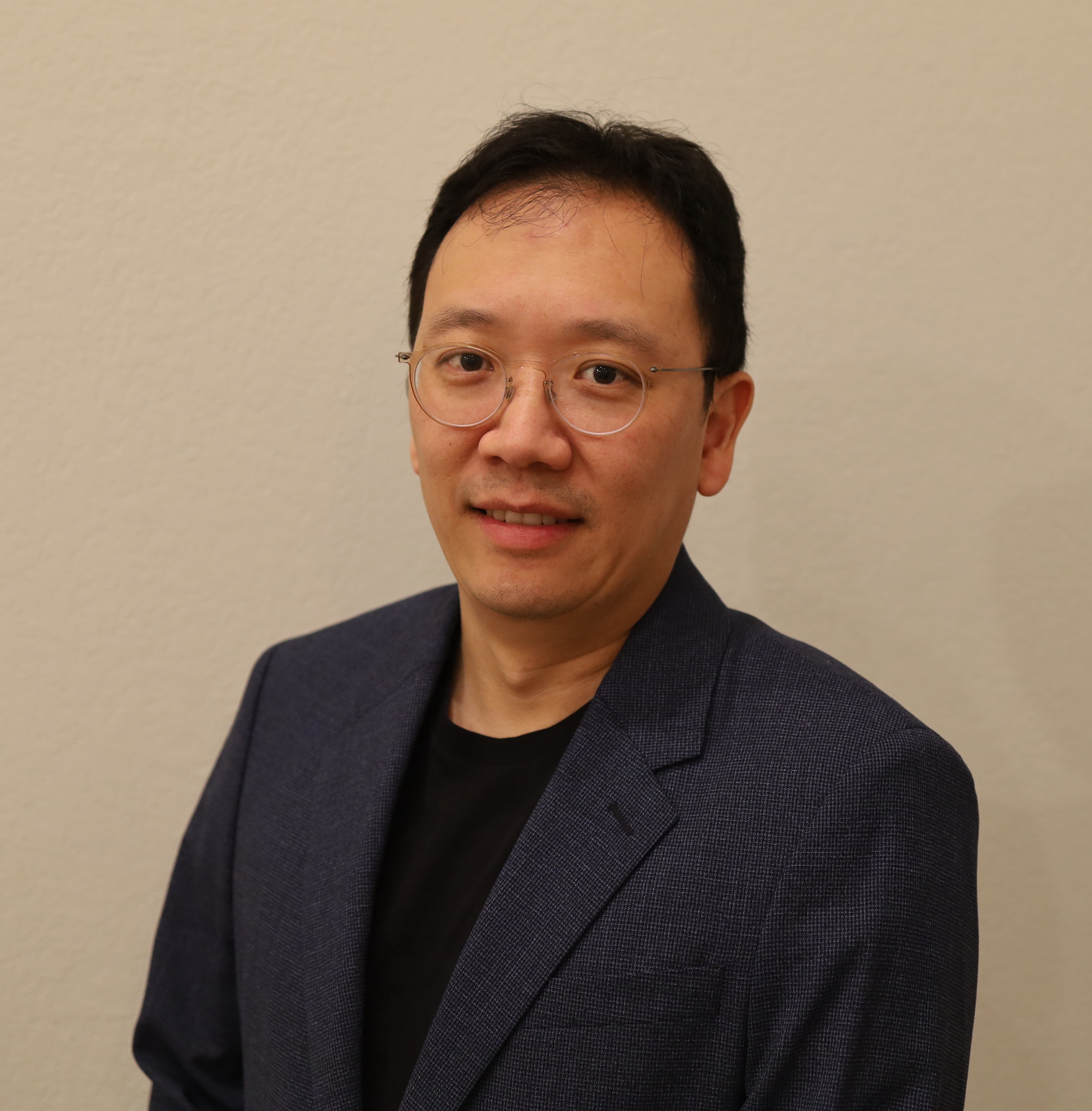 Talk Title: The next generation computing paradigms for ambient and immersive computing
Talk Title: The next generation computing paradigms for ambient and immersive computing
Abstract: Recent advances in AI are enabling the next generation of AI applications across new emerging fields like metaverse, ambient computing, and immersive computing. These AI applications greatly enhance the existing user experiences while seamlessly enabling novel user experiences on existing and new devices. For instance, it is expected that between 2020 and 2026, VR market will shoot from a value of $17.25 billion to around $184.66 billion while AI being one of the most important drivers of the VR revolution. To enable AI features in these new emerging fields and novel use-cases, 5G is perhaps the most valuable technology in addition to increased computing capability needs. Through faster connections and exchange of data, AI applications can reduce latency, improve mobility and immerse their users deeper into these new AI-enabled experiences. In this talk, we will provide an overview of how the rise of 5G connectivity could eliminate some of the major bottlenecks and problems that would otherwise prevent companies and users from embracing and enabling metaverse, ambient computing, and immersive computing. Combined with other disruptive technologies like AI and IofT connections, 5G will represent a new frontier for metaverse, ambient computing and immerse computing.
Bio: Hyun Chul Lee is currently the Vice President and Head of the Artificial Intelligence lab at LG Electronics, Seoul, Korea. He was previously a director of engineering at Amazon working on ML software of ASR for Alexa. From 2017 to 2020, He was a corporate VP of engineering for the visual display division of Samsung Electronics, leading several AI and data projects at the intersection of IofT, device experience, and media consumption. From 2014 to 2017, he led various teams and projects related to machine learning and data science projects for health & fitness at Under Amour. From 2018 to 2014, he co-founded a content curation and personalization startup for social media content, which joined LinkedIn to become its head of content relevance. He obtained his M.Sc. in Mathematics and Ph.D. in Computer Science at the University of Toronto. He published over 20+ conference papers (including 1 best paper award) in AI, data mining, and theory and holds more than 35+ US patents. He has more than 20+ years of experience in designing, architecting, implementing, commercializing, and measuring large-scale AI applications and data platforms for hundreds of millions of customers via tens of millions of devices that are simultaneously accessed.
Taesik Cheung
Director of Ultra-low Latency Network Research Section, ETRI
Talk Title: End-to-End Time-Deterministic Networking Technologies
Abstract: With the advent of 5G era, interest in time-sensitive services is growing, and even more so with upcoming 6G. Hyper-immersive interactive service such as hologram communication, and high-precision vertical service such as remote control of machine/ robot/drone are two representative time-sensitive service types. In order to realize the services end-to-end, not only mobile communication but also packet network technology must be considered together. This presentation will briefly introduce recent packet network technologies guaranteeing in-time/on-time and lossless delivery of data to meet the service requirements, discuss their limitations and issues, and share ETRI’s approach to solve them.
Bio: Taesik Cheung received the B.S., M.S., and Ph.D. degrees in electronics engineering from Yonsei University, Seoul, South Korea. Since 2000, he has been with ETRI, where he was involved in the development of network systems such as Carrier Ethernet switches, flow QoS routers, and packet/optical integrated transport network systems. Since 2005, he has been participating in ITU-T and IETF, and contributed to the standardization of protection mechanisms for transport networks. He is the co-editor of ITU-T Rec. G.873.2, and G.808.2, and the co-author of IETF RFC 7271 and RFC 8234. He is currently serving as a director of Ultra-low Latency Network Research Section of ETRI. His current work focuses on enhancing time-deterministic packet network technologies such as IEEE TSN and IETF DetNet in terms of performance and scalability.



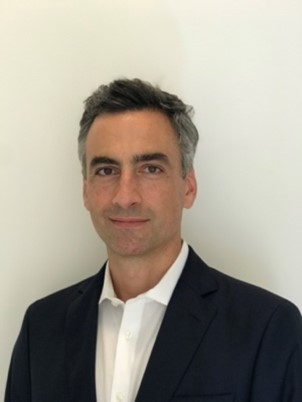
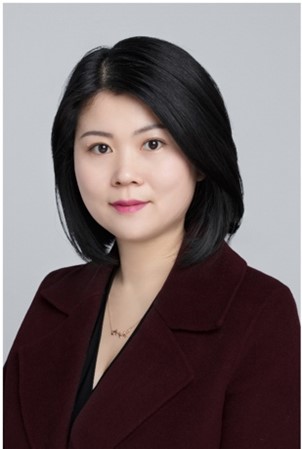
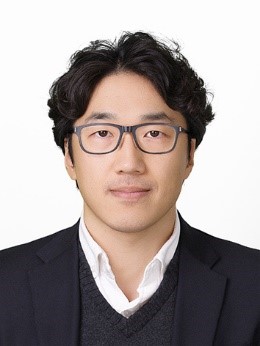
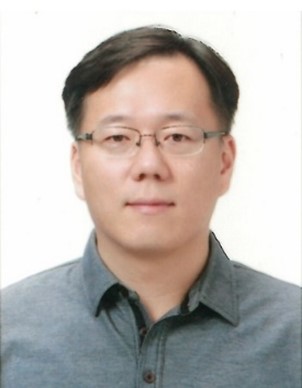



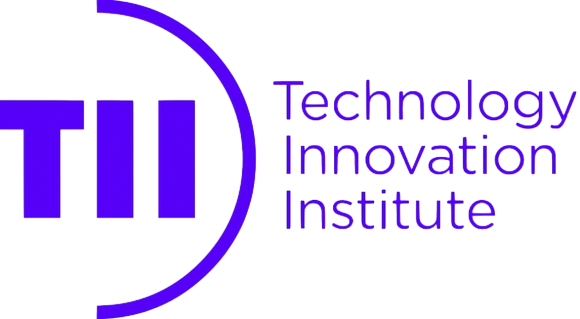
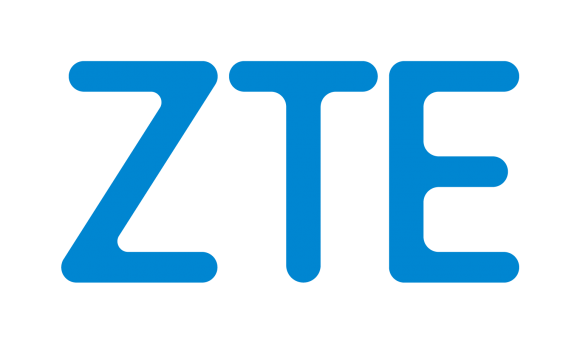
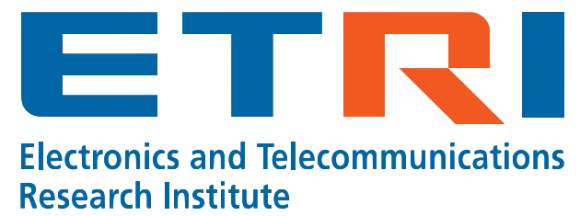
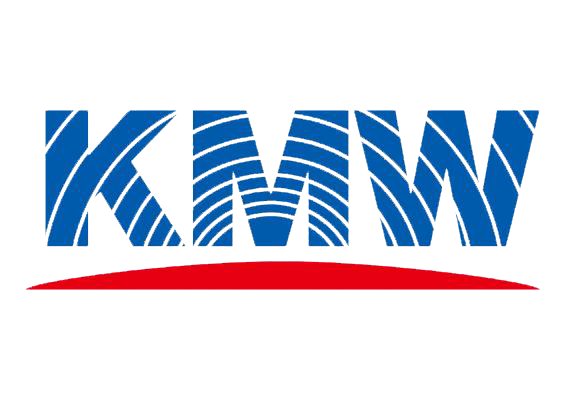

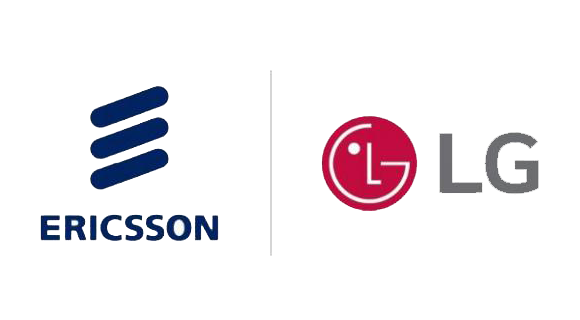


_01.png%3Fitok=vyvEGhfM)



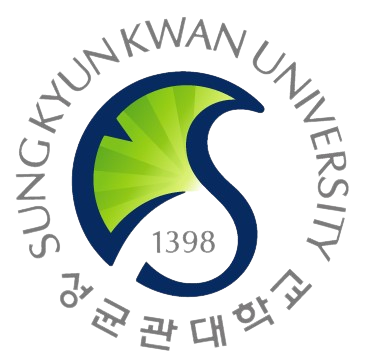
.png%3Fitok=Yj8Y43po)
